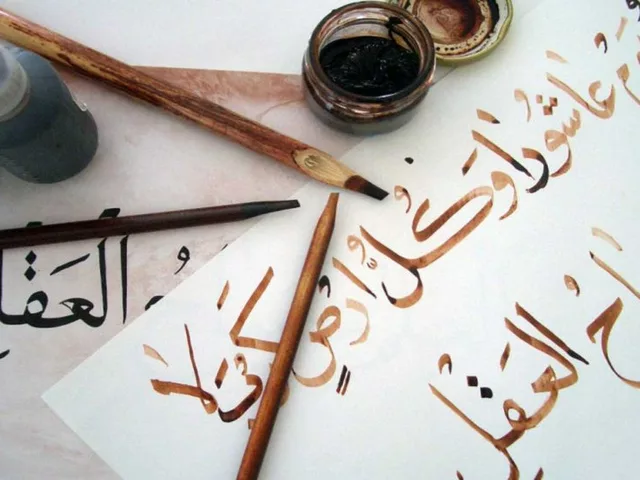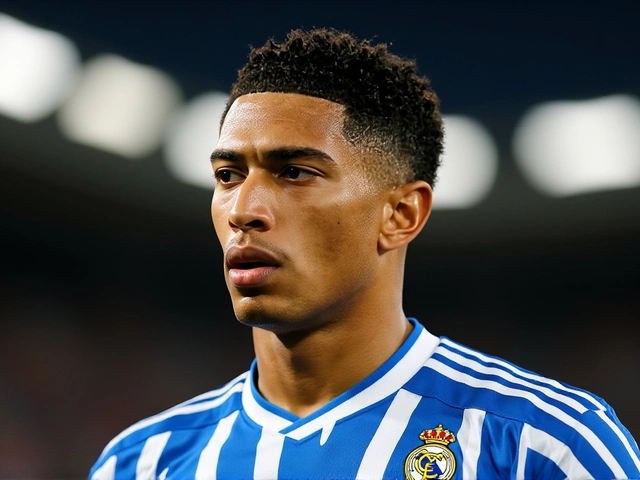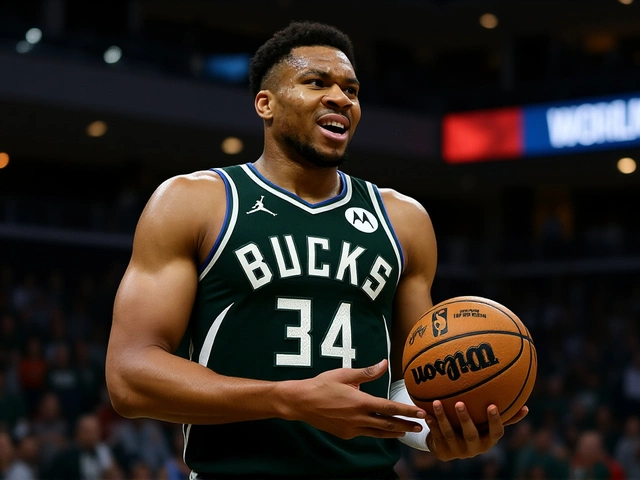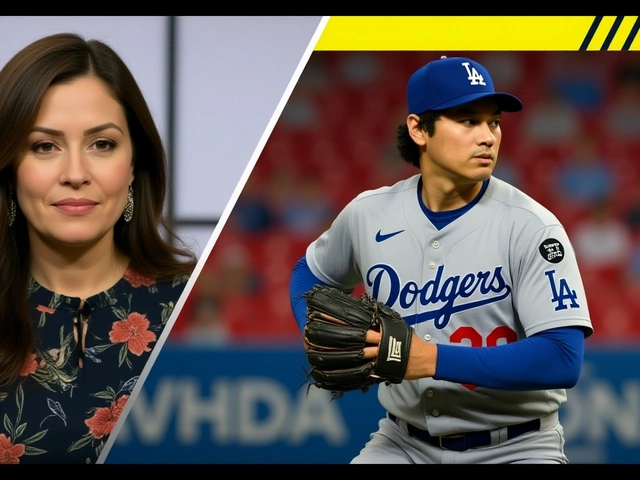Guatemala Stuns Canada in Penalties; USA Advances to Gold Cup Semifinals
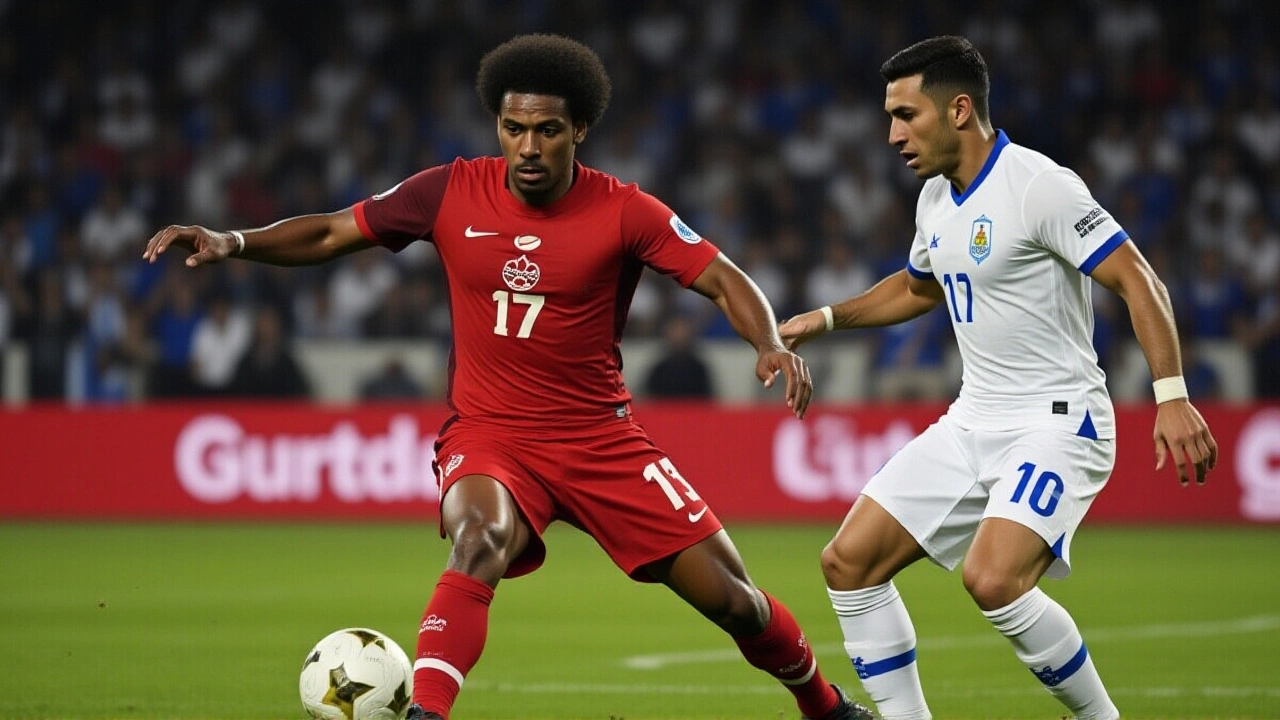
When the final whistle blew at U.S. Bank Stadium in Minneapolis on June 29, 2025, the CONCACAF Gold Cup had just witnessed its most shocking result in years: Guatemala eliminated Canada on penalty kicks, 6-5, after a tense 1-1 draw. It wasn’t just an upset—it was a seismic shift. For the first time since 2013, a team outside the traditional CONCACAF elite reached the semifinals. And it wasn’t even close to the only drama that night.
Guatemala’s Miracle in Minneapolis
Canada entered the quarterfinal as Group B’s top seed, undefeated in the group stage with seven points and a +6 goal difference. They were favorites. Jonathan David, the Lille OSC forward, opened the scoring in the 30th minute after a handball foul by Real Salt Lake’s Aaron Herrera gave Canada a penalty. David buried it. Simple. Clinical. The CanMNT looked poised to cruise. But then came the turning point: Jacob Shaffelburg of Nashville SC picked up his second yellow in first-half stoppage time. Canada was down to 10 men. And in football, that’s often all it takes for the underdog to believe. Guatemala’s equalizer came in the 69th minute. Oscar Santis, the 24-year-old midfielder from Antigua, floated a perfect cross from the left flank. Rubio Rubín, the 31-year-old veteran center back who plays for Comunicaciones, rose above the Canadian defense and powered a header past Dayne St. Clair. The stadium erupted. The Guatemalan bench emptied. Fans in red and white screamed themselves hoarse. Penalty kicks followed. Canada missed their fourth attempt—Luc de Fougerolles of Charlton Athletic, a key defender, smashed his shot off the crossbar. Guatemala converted all six. José Morales, a quiet midfielder from Comunicaciones, stepped up last. He didn’t celebrate. He just nodded. The job was done.USA Survives, Freese Becomes Hero
While Guatemala celebrated, another drama unfolded at a different Minneapolis venue. The United States Men’s National Team faced Costa Rica in a match that felt like a 1990s World Cup thriller. Costa Rica, the Group A runner-up, had already stunned Mexico in the group stage. They struck first in the 21st minute through a sharp counterattack finished by Alonso Martínez of Alajuelense. The USMNT equalized in the 58th minute via a well-placed free kick by Christian Pulisic. Then, in the 71st, Costa Rica struck again. Carlos Mora of Deportivo Saprissa took a shot that Matt Freese, the Philadelphia Union goalkeeper, parried—only for the rebound to fall to Martínez, who tapped it in. The U.S. equalized in the 83rd minute when 19-year-old Damion Downs of New York City FC pounced on a loose ball after a corner. The crowd held its breath. Extra time yielded nothing. Penalties loomed. Freese became the man of the match. He saved three penalties: from Francisco Calvo of Houston Dynamo, Bryan Oviedo, and Yendry Torres. His saves weren’t flashy—they were calm, precise, almost boring. That’s what made them deadly. When Downs stepped up for the final kick, the stadium fell silent. He buried it. The U.S. won 4-3 on pens. Their 17th semifinal appearance in 18 tournaments was secured.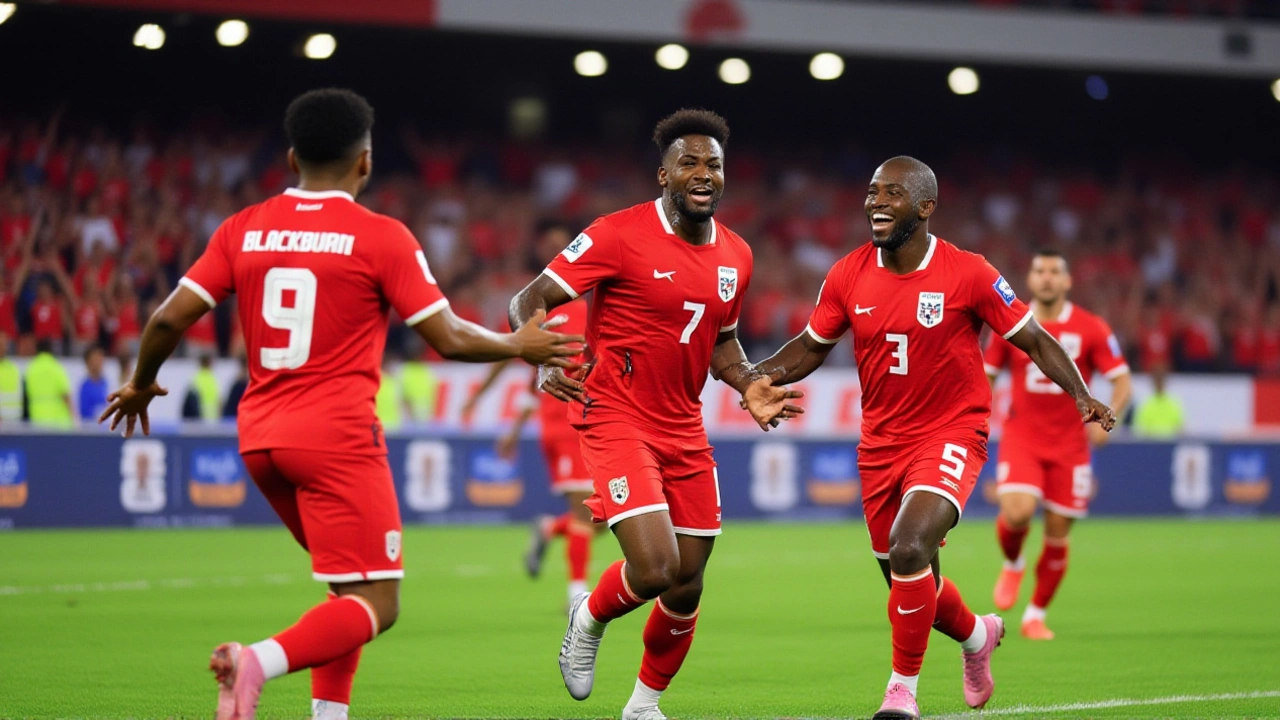
The Semifinal Matchups Are Set
The other two quarterfinals had already concluded. On June 28, Mexico defeated Saudi Arabia 3-1 in a neutral-site match, continuing their dominance in the region. Meanwhile, Honduras edged out Panama 2-1 in a physical, rain-soaked clash in Las Vegas, advancing for the first time since 2019. The semifinal bracket is now locked:- Guatemala vs. United States — July 2, 2025, at St. Louis CITY SC’s Energizer Park
- Mexico vs. Honduras — July 2, 2025, at the same venue
Why This Matters
This tournament has rewritten the script. Guatemala, a nation that hasn’t won a Gold Cup match since 2011, is now one win away from the final. Canada, despite having Premier League talent and a strong domestic league, crumbled under pressure. The U.S., while still dominant, showed alarming defensive fragility. And then there’s the data: Guatemala scored just four goals in the group stage. Canada scored seven. Yet Guatemala advanced. It’s not about volume—it’s about timing. About heart. About who wants it more. Ismael Díaz of Panama, with six goals, is the tournament’s top scorer. But the story isn’t about him. It’s about Rubén Rubín, about José Morales, about Matt Freese. It’s about players who weren’t on any ESPN highlight reels last month—and now they’re legends.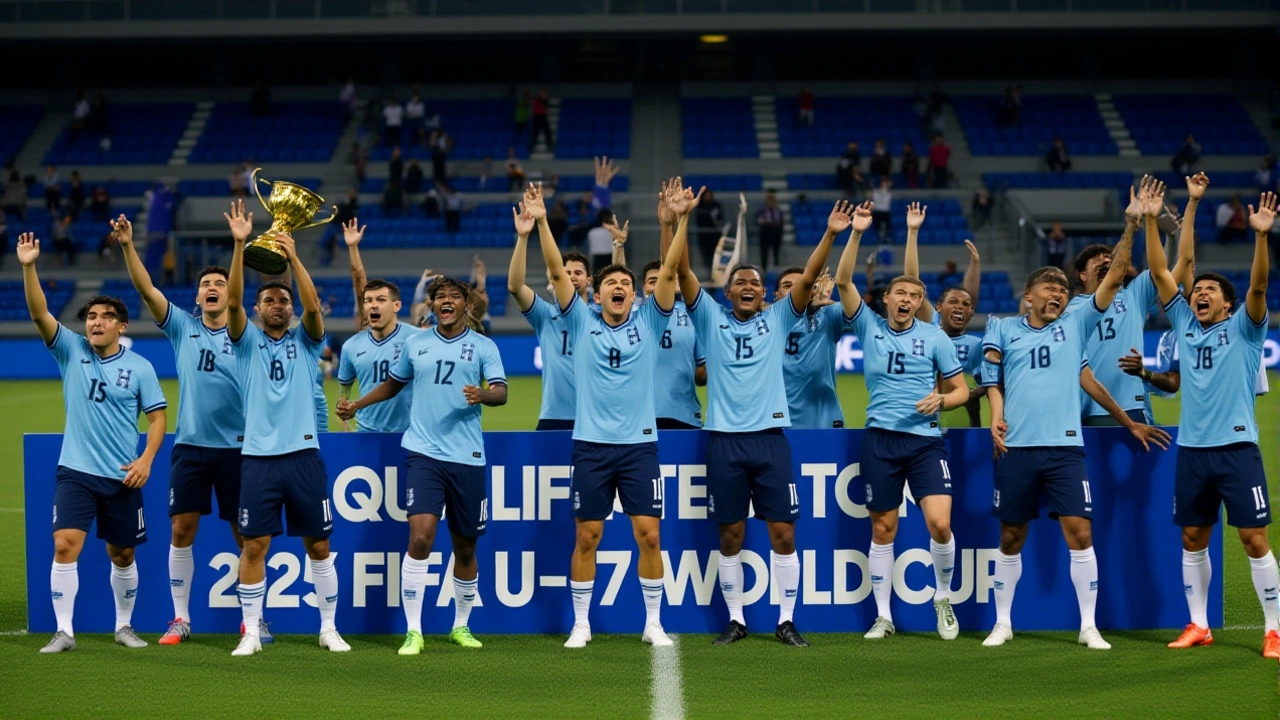
What’s Next
The semifinals will be a test of nerves. Guatemala has never played in a Gold Cup semifinal. The U.S. has, 16 times before. But confidence doesn’t always win. Grit does. Honduras, meanwhile, will look to continue their Cinderella run. Mexico, the defending champions, will be hungry. But after what we’ve seen, no one should be counted out. The final is set. But the story? It’s still being written.Frequently Asked Questions
How did Guatemala qualify for the semifinals despite finishing second in their group?
Guatemala finished second in Group C with six points (2 wins, 1 loss), behind Panama on goal difference. But in knockout stages, group position doesn’t matter—only results do. Their 1-1 draw with Canada and subsequent 6-5 penalty win propelled them into the semis, marking their first semifinal appearance since 2000. Their defense, which conceded just three goals in three group matches, held firm under pressure.
Why was Canada’s performance considered a disappointment?
Canada entered as Group B winners with a +6 goal difference and featured stars like Jonathan David and Alphonso Davies. Losing to Guatemala—a team with no MLS players and a league ranked 30th in Concacaf—was a shock. Their red card to Shaffelburg and failure to convert in penalties exposed mental fragility. It’s the third time since 2017 they’ve exited at the quarterfinal stage despite being favorites.
What role did Matt Freese play in the U.S. victory over Costa Rica?
Matt Freese, a 25-year-old backup goalkeeper for Philadelphia Union, saved three of Costa Rica’s four penalty attempts—far more than any U.S. keeper has in a Gold Cup shootout. His calm demeanor and ability to read shooters (especially saving Calvo’s well-placed attempt) turned him from a benchwarmer into a national hero. He didn’t make a single save in open play, but his penalty heroics were decisive.
Where are the semifinal matches being played, and why is that significant?
Both semifinals are being held at St. Louis CITY SC’s Energizer Park on July 2, 2025. This marks the first time in Gold Cup history that two semifinals are played at the same venue on the same day. The decision was made to centralize logistics and boost local attendance. St. Louis, a city with no prior Gold Cup history, now becomes the epicenter of Concacaf football.
Has any team from Central America won the Gold Cup since 2000?
No. Since 2000, only Mexico and the United States have won the Gold Cup. Honduras and Guatemala have reached semifinals before—but never the final. If Guatemala wins their semifinal, they’ll become the first Central American team since Costa Rica in 2002 to reach the final. A win in the final would be the biggest upset in Concacaf history.
Who is the top scorer in the 2025 Gold Cup, and how does that compare to past tournaments?
Panama’s Ismael Díaz leads the tournament with six goals, matching the pace of Landon Donovan’s 2007 record. He’s on track to become the first player since Cuauhtémoc Blanco in 2003 to score six goals in a single Gold Cup. His goals have come from all areas—headers, volleys, and clinical finishes. If he scores one more, he’ll tie the all-time tournament record held by Landon Donovan and Cuauhtémoc Blanco.


